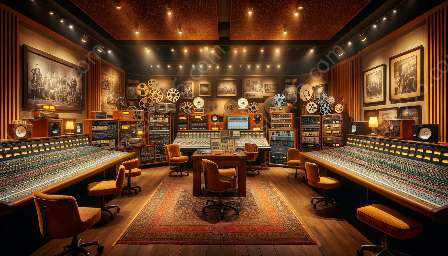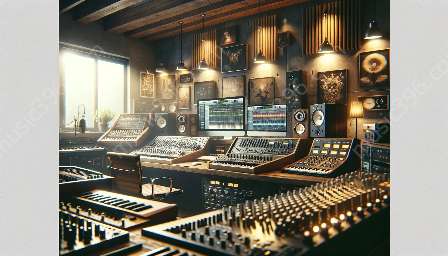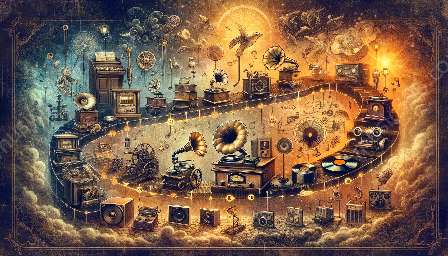Thomas Edison, a prominent figure in the evolution of music recording technology, made significant innovations that continue to influence the way music is recorded and enjoyed today. His contributions have shaped the history and evolution of music recording, setting the stage for modern recording methods and technologies.
Introduction to Thomas Edison and His Impact on Music Recording
Thomas Edison, known for his numerous inventions and contributions to various fields, had a profound impact on the development of music recording technology. Through his expertise and dedication, he introduced pioneering innovations that revolutionized the way music was recorded, preserved, and distributed, laying the foundation for the evolution of music recording.
Edison's Phonograph and the Beginning of Recorded Music
One of Thomas Edison's most notable innovations in music recording technology was the invention of the phonograph. In 1877, Edison successfully demonstrated the first practical and commercially viable phonograph, which could both record and reproduce sound. This groundbreaking invention marked the beginning of recorded music, allowing for the preservation and playback of musical performances.
The phonograph utilized a rotating cylinder wrapped in tinfoil, with a stylus that could both inscribe and play back sound waves. This technological marvel enabled musicians and enthusiasts to capture and listen to live musical performances, thereby transforming the way music was experienced and shared.
Impact on Music Recording and Distribution
Edison's phonograph not only revolutionized the recording of music but also played a critical role in the distribution of musical content. The ability to mass-produce recordings allowed music to reach a wider audience, transcending the limitations of live performances and printed scores. This shift in distribution paved the way for the music industry as we know it today, with the phonograph serving as a precursor to modern recording and distribution methods.
Evolution of Recording Technology
Edison's innovations in music recording technology laid the groundwork for subsequent advancements in the field. The introduction of new materials, such as wax cylinders and later, flat discs, further refined the recording process, improving sound quality and durability. These advancements led to the establishment of recording studios and the development of standardized recording formats, setting the stage for the evolution of music recording technology.
Over time, Edison's phonograph technology evolved into the gramophone and other mechanical recording devices, each contributing to the evolution of music recording. These technological developments paved the way for the transition to electric recording and the eventual rise of digital recording techniques, demonstrating the enduring influence of Edison's original innovations.
Legacy and Continued Influence
Thomas Edison's contributions to music recording technology continue to resonate in the modern era. The principles and innovations he introduced laid the foundation for the development of sophisticated recording equipment and techniques, shaping the way music is created, preserved, and enjoyed. From analog to digital recording, the impact of Edison's work is evident in the evolution of music recording technology.
Furthermore, the democratization of music recording and distribution, made possible by Edison's innovations, has empowered artists and creators to share their work with the world, contributing to the diversification and accessibility of musical content. As a result, Edison's impact on music recording technology transcends its historical significance, influencing the contemporary landscape of music production and distribution.
Conclusion
Thomas Edison's pioneering innovations in music recording technology have left an indelible mark on the history and evolution of recorded music. His invention of the phonograph and subsequent contributions to recording technology set the stage for the modern music industry, shaping the way music is recorded, preserved, and distributed. Edison's legacy continues to inspire further advancements in music recording, showcasing the enduring impact of his groundbreaking work.



































